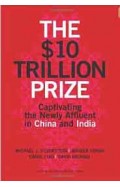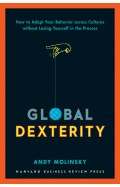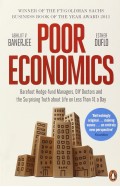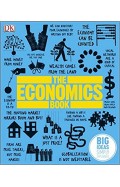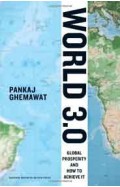- Home
- Business & Economics
- Money Mania Booms Panics and Busts from Ancient Rome to the Great Meltdown
Money Mania Booms Panics and Busts from Ancient Rome to the Great Meltdown
By: Bob Swarup
-
Rs 2,252.50
- Rs 2,650.00
- 15%
You save Rs 397.50.
Due to constant currency fluctuation, prices are subject to change with or without notice.
| Book | |
| What's in the Box? | 1 x Money Mania Booms Panics and Busts from Ancient Rome to the Great Meltdown |
Money Mania Booms Panics and Busts from Ancient Rome to the Great Meltdown
By: Bob Swarup
Rs 2,252.50 Rs 2,650.00 Ex Tax :Rs 2,252.50
Zubin Mehta: A Musical Journey (An Authorized Biography)
By: VOID - Bakhtiar K. Dadabhoy
Rs 892.50 Rs 1,050.00 Ex Tax :Rs 892.50
The 10 Trillion Prize Captivating thely Affluent in China and India
By: Michael J. Silverstein
Rs 1,865.75 Rs 2,195.00 Ex Tax :Rs 1,865.75
Global Dexterity: How to Adapt Your Behavior Across Cultures without Losing Yourself in the Process
By: Andy Molinsky
Rs 1,950.75 Rs 2,295.00 Ex Tax :Rs 1,950.75
Poor Economics: The Surprising Truth about Life on Less Than $1 a Day
By: Abhijit Banerjee
Rs 2,515.50 Rs 2,795.00 Ex Tax :Rs 2,515.50
The Great Degeneration: How Institutions Decay and Economies Die
By: Niall Ferguson
Rs 2,035.75 Rs 2,395.00 Ex Tax :Rs 2,035.75
Email Revolution : Unleashing The Power To Connect
By: V. A. Shiva Ayyadurai
Rs 862.50 Rs 1,150.00 Ex Tax :Rs 862.50
Money Mania Booms Panics and Busts from Ancient Rome to the Great Meltdown
By: Bob Swarup
Rs 2,252.50 Rs 2,650.00 Ex Tax :Rs 2,252.50
World 30 Global Prosperity and How To Achieve It
By: Pankaj Ghemawat
Rs 7,305.75 Rs 8,595.00 Ex Tax :Rs 7,305.75
No similar books from this author available at the moment.
he Exorcist: Screenplay (FF Classics) by William Peter Blatty (2000-02-21)
By: William Peter Blatty
Rs 930.75 Rs 1,095.00 Ex Tax :Rs 930.75
Zubin Mehta: A Musical Journey (An Authorized Biography)
By: VOID - Bakhtiar K. Dadabhoy
Rs 892.50 Rs 1,050.00 Ex Tax :Rs 892.50
Money Mania Booms Panics and Busts from Ancient Rome to the Great Meltdown
By: Bob Swarup
Rs 2,252.50 Rs 2,650.00 Ex Tax :Rs 2,252.50












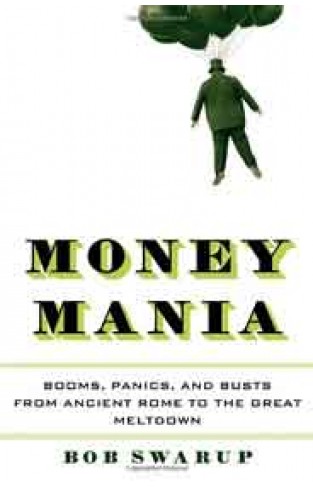
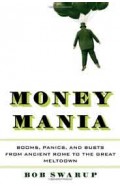
-120x187.jpg?q6)






